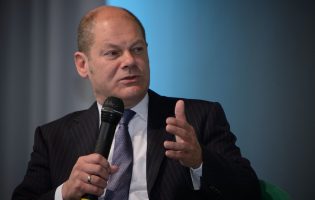
Germany Emerges from Economic Realpolitik
The 178-page coalition agreement announced last week by Germany’s next government comprised of the Social Democrats (SPD), Greens, and Free Democrats (FDP) and called “Alliance for Freedom, Justice, and Sustainability” …
Episode 46: Transatlantic Trade Policy for the Future: Climate, WTO, and China
Trade is one of the most important elements in the transatlantic relationship, and the values of open and fair competition have underpinned efforts by the United States and the European …

The Trade-Climate Nexus and the Future of the Global Trading System
Ahead of the UN Climate Change Conference (COP26) and the World Trade Organization Ministerial Conference, both in November 2021, Geoeconomics Program Director Peter Rashish authored a report for the Konrad …
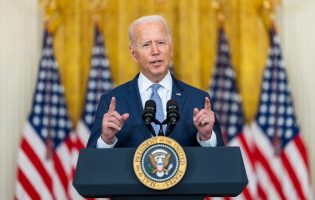
Peter Rashish Interviewed on Transatlantic Relations by German Engineering Association VDMA
In an interview with the VDMA, Germany’s mechanical engineering association, Geoeconomics Director Peter Rashish discusses the Biden administration’s approach to transatlantic economic relations, including the role of values in U.S. …
Episode 44: Climate Policy and International Economic and Financial Cooperation
Climate policy has become a major issue in German domestic politics and was a key topic for the recent German federal election. All major political parties in Germany included climate …
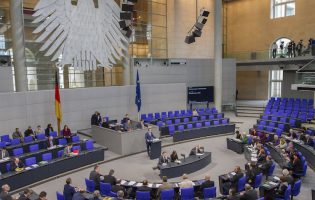
Nudging Germany toward a More Strategic Economic Role
The Social Democrats have come out on top in yesterday’s German election and are likely to lead the next government. But despite their losses, the Christian Democrats may still have …

Trade and Climate: A Looming Transatlantic Face-Off?
The idea that trade policies should be put to work on behalf of climate goals is gaining increasing currency. In a striking case of serendipity, the European Union and the …
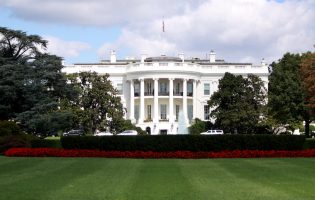
Peter Rashish Interviewed on Chancellor Merkel’s Washington, DC, Visit
Ahead of the meeting between the U.S. and German leaders, Geoeconomics Program Director Peter Rashish spoke with the Italian news site Formiche.net. In the interview, “Biden’s Bet on Merkel and …
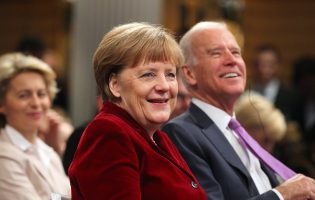
After Merkel’s Steady Hand, A More European and Strategically-Minded Germany?
On July 15, German Chancellor Angela Merkel will meet with President Joe Biden in the White House, the first European leader to visit him since he took office in January. …
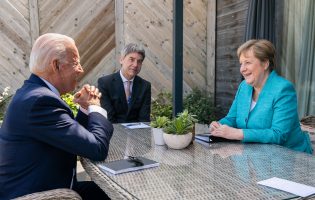
AGI Experts Preview Merkel’s Visit to Washington
Securing a Transatlantic Legacy Jeff Rathke, President Chancellor Merkel makes her last official visit to Washington just weeks before the September 26 Bundestag election will punctuate her path-breaking career as …
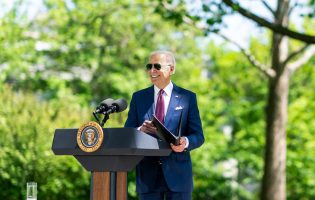
The U.S.-EU Summit Resets the Narrative on Trade
Yesterday’s U.S.-EU Summit in Brussels was remarkable simply for taking place, as it was the first since 2014. But even more striking was the way U.S. President Joe Biden characterized …




